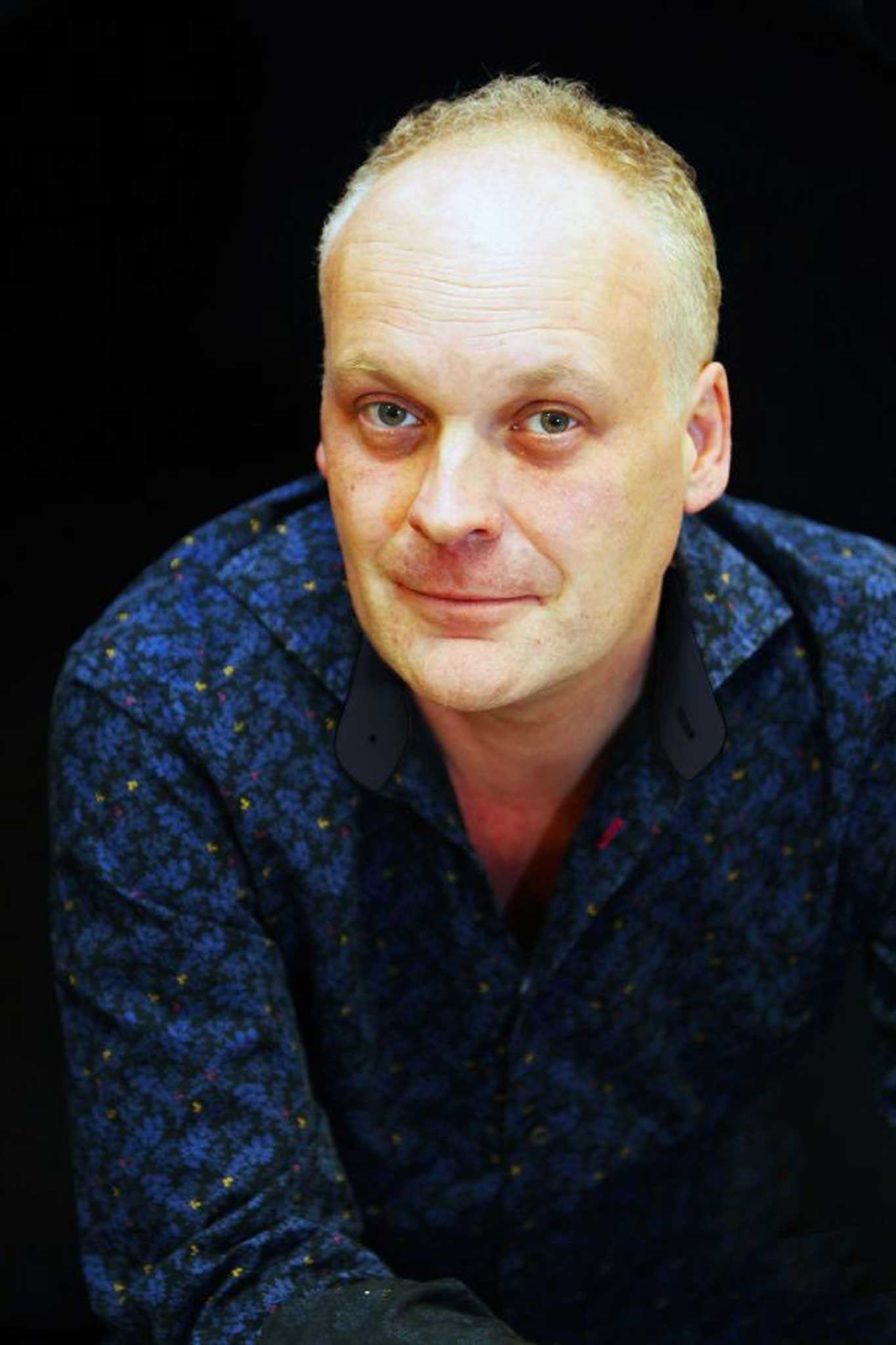Other People's Countries: A Journey into Memory by Patrick McGuinness, book review

Your support helps us to tell the story
From reproductive rights to climate change to Big Tech, The Independent is on the ground when the story is developing. Whether it's investigating the financials of Elon Musk's pro-Trump PAC or producing our latest documentary, 'The A Word', which shines a light on the American women fighting for reproductive rights, we know how important it is to parse out the facts from the messaging.
At such a critical moment in US history, we need reporters on the ground. Your donation allows us to keep sending journalists to speak to both sides of the story.
The Independent is trusted by Americans across the entire political spectrum. And unlike many other quality news outlets, we choose not to lock Americans out of our reporting and analysis with paywalls. We believe quality journalism should be available to everyone, paid for by those who can afford it.
Your support makes all the difference.Bouillon is a small, ancient town in the Ardennes on the River Semois in French-speaking Eastern Belgium. It’s not far from Charleville, where Rimbaud was born, or from Sedan, where France was routed by Prussia in 1870. German tourists, asking the way, are likely to be told ‘the same as in 1939.’
It sounds remote but it isn’t, and uneventful, though it depends how you define ‘events’. Towards the close of Other People’s Countries: A Journey into Memory, Patrick McGuinness, who spent much of his 60s and 70s childhood there, and often returns, remarks that Bouillon ‘gave me exact and detailed small-scale replicas…of every major feeling and emotion I’d ever have.’ This is one definition of belonging. This remarkable book explores the secrets of his ‘local habitation’.
McGuinness, poet and Professor of Modern Languages, is the best advocate for Belgium since Poirot and Tintin, who were imaginary, and Simenon, who invented himself. McGuinness celebrates an ordinariness so entrenched as to seem supernatural: the Sunday post-lunch torpor of relatives with not much to say; the ritual sulphurous stench of the bathroom; the corridor of a terraced house used to conduct a dressmaking business, with a cupboard as a changing cubicle. Under McGuinness’s attention all this, and all the other glimpsed and overheard life, become fascinating, charming, poignant, comic, daft at times, and absolutely deserving of the effort to preserve and transmit an intimate strangeness.
In essays ranging from half a dozen pages to a few lines, with compelling but unshowy photographs and the odd poem, McGuinness makes an informal survey of Bouillon, its drinkers, its lecher, its poet and policeman, and his own extended family. Out of a mundane somnolence that feels timeless even as it signals its mortality, there arises, at one point, what McGuinness calls ‘a micro-history of the 20th century’. The Belgian Fascist leader Leon Degrelle, born in Bouillon, led the Rexists and later fought for Germany on the Eastern Front. Decorated and unrepentant, sentenced to death in absentia, he lived to 87 in Spain, still spouting his evil drivel.
Degrelle’s brother Edouard ran a pharmacy in Bouillon and in July 1944 (a fortnight before the failed assassination of Hitler) was killed by the Resistance because of his alleged association with Fascism, and because he was to hand. Leon threatened mass executions. One absurd and terrible outcome was the reprisal murder of the other local pharmacist. On the site of the killing there is now a successful brewery. Something has to be there; time has to pass. The richness of boredom is at least an alternative to the horrors of history. As Douglas Dunn puts it, ‘The only answer is to live quietly, miles away’, though such an elsewhere does not exist.
Join our commenting forum
Join thought-provoking conversations, follow other Independent readers and see their replies
Comments